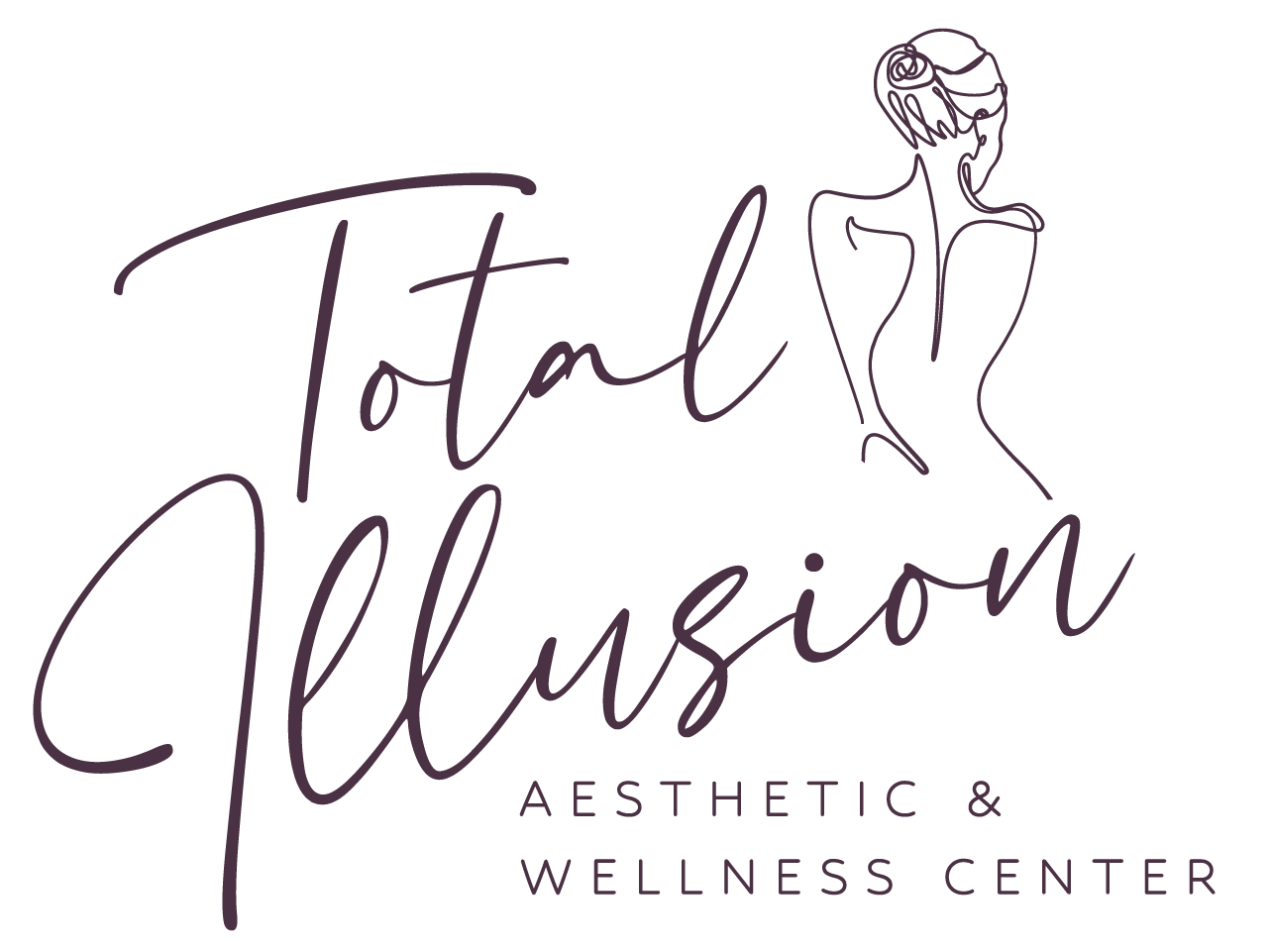Clear Skin from Within: Meet the Probiotic Power Players
Acne is one of the most common skin conditions—and also one of the most frustrating. While most treatments focus on the surface, there’s growing evidence that the gut-skin axis plays a crucial role in chronic breakouts.
One area getting more attention? Probiotics, especially those from the Lactobacillus family.
Let’s take a closer look at which Lactobacillus strains have been studied in acne, what the research shows, and how they might fit into a holistic skincare routine.
🧬 Why the Gut-Skin Connection Matters
The gut microbiome influences everything from inflammation and immunity to hormone balance and skin barrier health. When the gut is imbalanced (dysbiosis), it can increase systemic inflammation and trigger acne—especially inflammatory or hormonal types.
Lactobacillus species are beneficial bacteria that support gut integrity, modulate immune responses, and even help regulate oil production.
🔍 Top Lactobacillus Strains Studied in Acne
1. Lactobacillus rhamnosus GG (LGG)
One of the most studied strains in probiotic research
Shown to reduce acne lesion count in clinical trials
Improves insulin sensitivity and regulates inflammatory markers
Supports gut barrier and reduces systemic inflammation
Study Highlight:
A 12-week study showed significant improvement in acne severity among participants who took LGG supplements, especially in those with signs of metabolic imbalance.
2. Lactobacillus paracasei
Known for calming skin inflammation and reducing sensitivity
Can help reduce the skin's inflammatory response to acne-causing bacteria like C. acnes
May enhance the skin barrier and reduce redness
Study Highlight:
Topical and oral applications of L. paracasei have been shown to reduce skin reactivity and improve tolerance in sensitive, acne-prone individuals.
3. Lactobacillus plantarum
Strong anti-inflammatory and antimicrobial properties
May suppress C. acnes growth while protecting beneficial skin microbes
Supports wound healing and helps reduce post-acne marks
Study Highlight:
In vitro studies show L. plantarum inhibits C. acnes growth and promotes healing of acne-damaged skin. Early human trials show promise for both oral and topical use.
4. Lactobacillus acidophilus
Traditionally known for digestive support
Helps regulate immune response and reduce overgrowth of harmful bacteria
May indirectly improve skin by calming gut inflammation
Study Highlight:
When paired with Bifidobacterium bifidum, L. acidophilus improved acne severity and reduced inflammation in a small group of teens with moderate acne.
💊 How to Use Probiotics for Acne
If you're considering a probiotic for acne, here are a few tips:
Choose multi-strain formulas that include one or more of the strains above
Look for at least 10 billion CFUs and ensure the product is shelf-stable or properly stored
Be consistent—probiotics work best when taken daily over time
Support with a gut-friendly diet (fiber, fermented foods, low sugar)
✅ Final Thoughts
Acne is complex—but your gut health may hold part of the solution. Lactobacillus strains like rhamnosus GG, paracasei, and plantarum offer a gentle, natural way to support clearer skin from the inside out. Schedule a consultation with our doctor for a holistic approach to acne treatment.
Your skin reflects your inner ecosystem. When you support the gut, the glow can follow.



